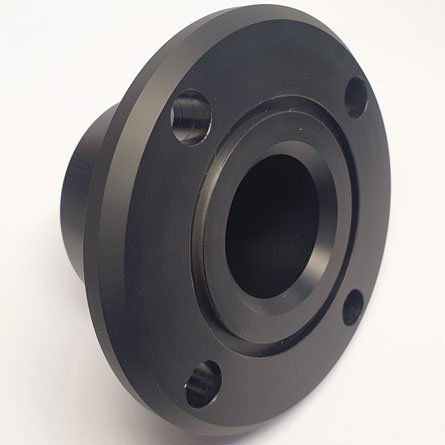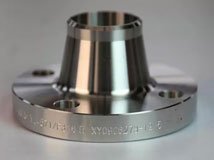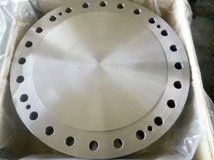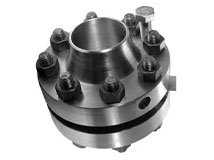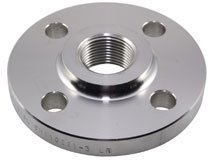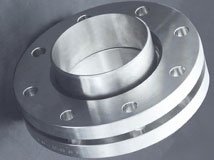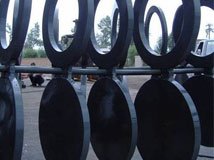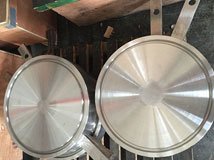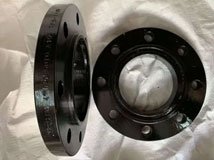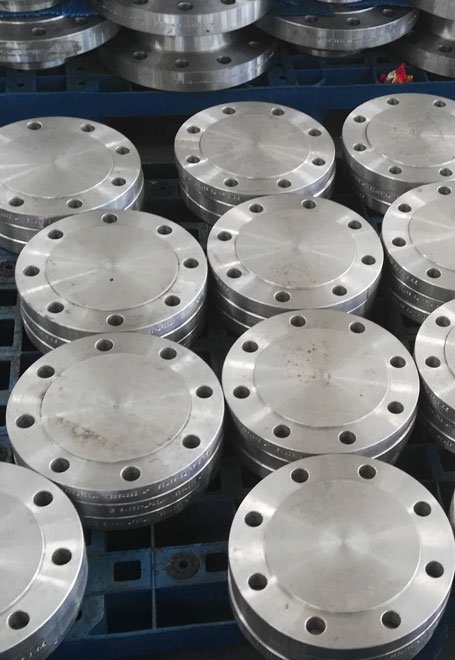Types of Alloy Flanges
Our inventory boasts a substantial collection of alloy steel industrial flanges adhering to British, European, and American standards. These standards meticulously outline dimensions, facing type, surface finish, marking, material composition, and technical specifications crucial for flange applications.
A182 Alloy Steel Flanges Chemical Composition
| Grade | C | Mn | Si | S | P | Cr | Mo |
|---|---|---|---|---|---|---|---|
| A182 F5 | 0.15 | 0.3 - 0.6 | 0.5 | 0.03 | 0.03 | 4 - 6 | 0.044 - 0.65 |
| A182 F9 | 0.15 | 0.3 - 0.6 | 0.5 - 1 | 0.03 | 0.03 | 8 - 10 | 0.9 - 1.1 |
| A182 F11 | 0.05 - 0.15 | 0.3 - 0.6 | 0.5 - 1 | 0.03 | 0.03 | 1 - 1.5 | 0.044 - 0.65 |
| A182 F22 | 0.05 - 0.15 | 0.3 - 0.6 | 0.5 | 0.03 | 0.045 | 0.8 - 1.25 | 0.044 - 0.65 |
| A182 F91 | 0.08 - 0.12 | 0.3 - 0.6 | 0.5 | 0.01 | 0.02 | 8.5 - 9.5 | 0.85 - 1.05 |
| Alloy Steel F1 | 0.15 max | 0.3-0.6 | 0.5 | 0.03 | 0.03 | 4-6 | 0.44-0.65 |
| Alloy Steel F12 | 0.15 max | 0.3-0.6 | 0.5 | 0.03 | 0.03 | 4-6 | 0.44-0.65 |
Alloy Steel Flange Mechanical Properties
| Grade | Tensile Strength (Mpa) | Yield Strength (Mpa) | Elongation % |
|---|---|---|---|
| A182 F5 | 275 | 485 | 20 |
| A182 F9 | 380 | 585 | 20 |
| A182 F11 | 205 | 415 | 20 |
| A182 F22 | 205 | 415 | 20 |
| A182 F91 | 415 | 585 | 20 |
| A182 F1 | 275 | 485 | 20 % |
| A182 F12 | 275 | 485 | 20 % |
